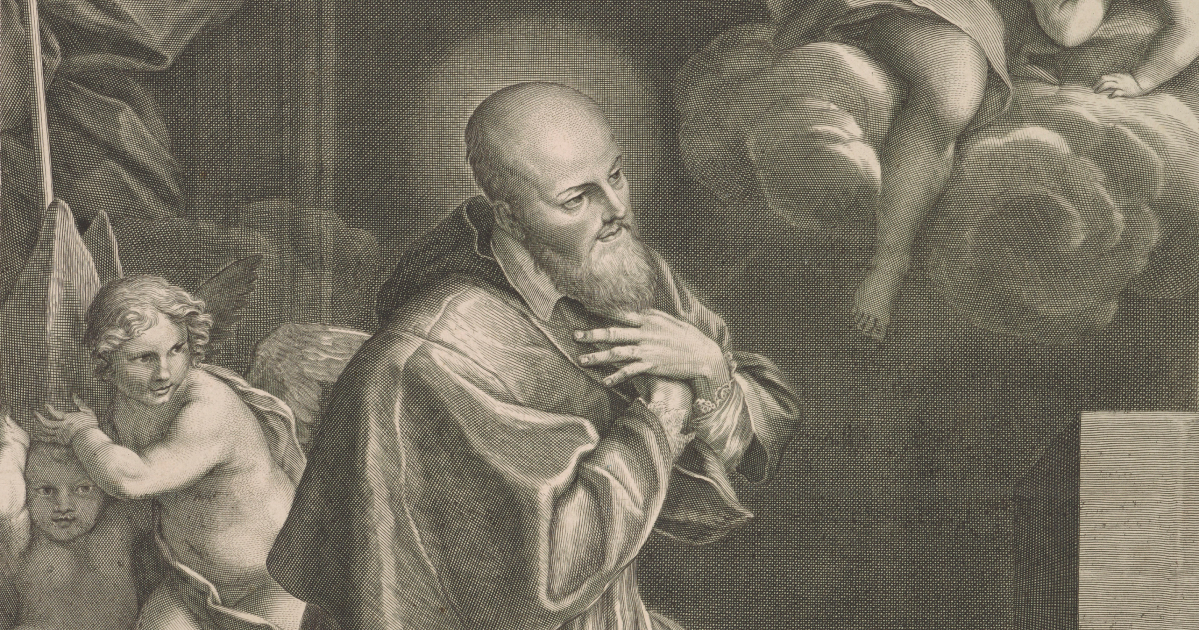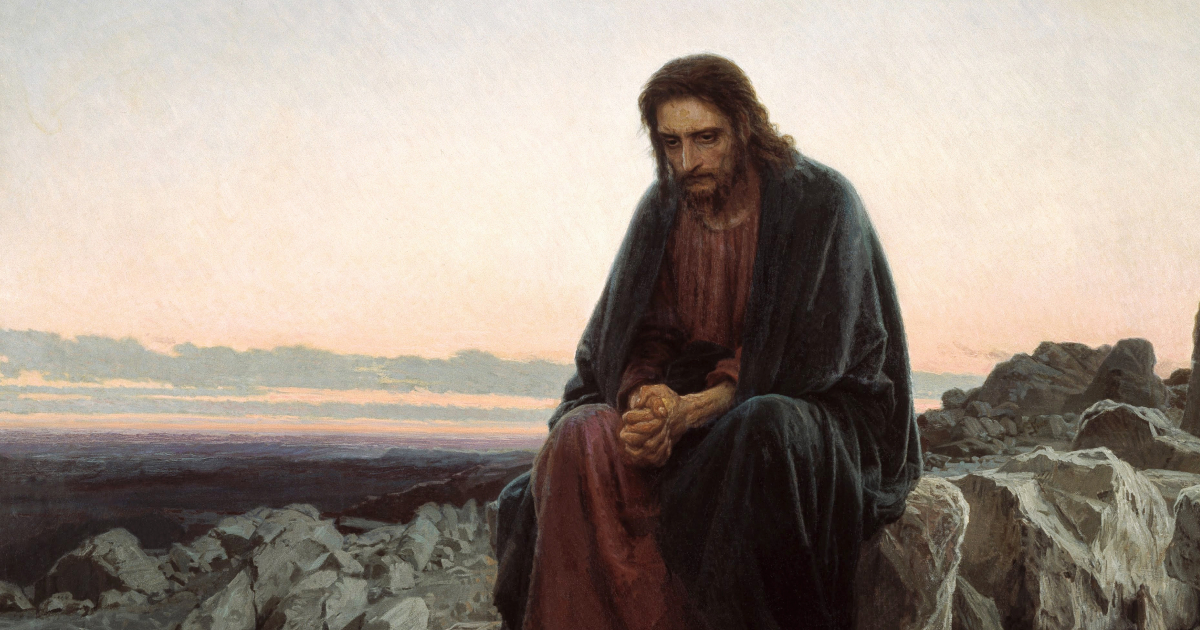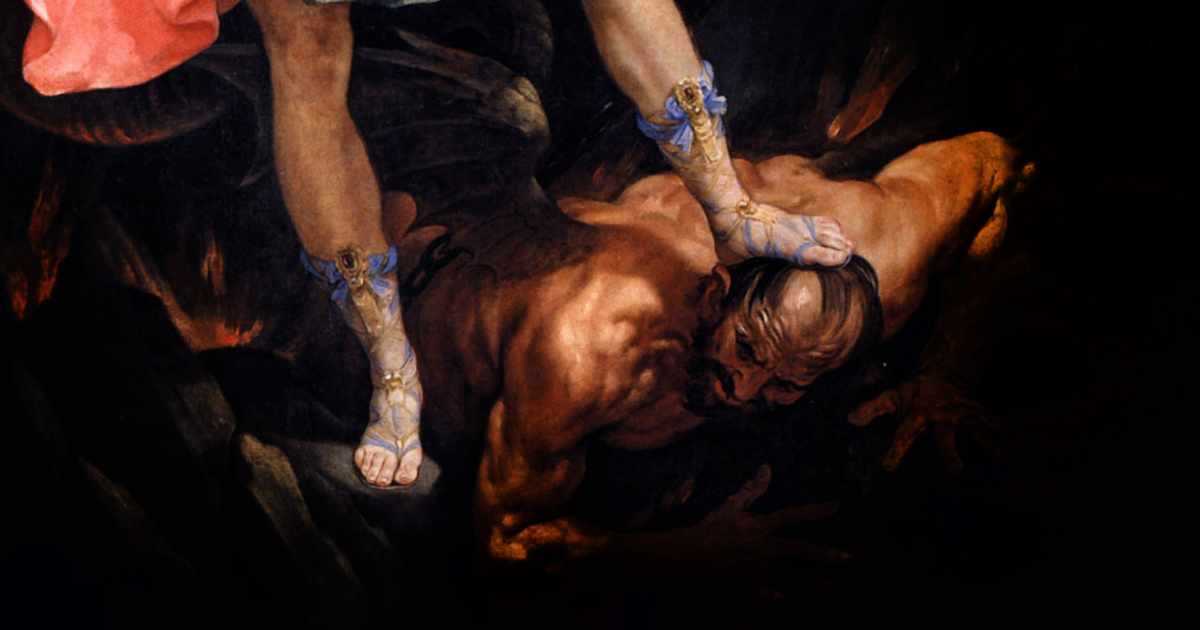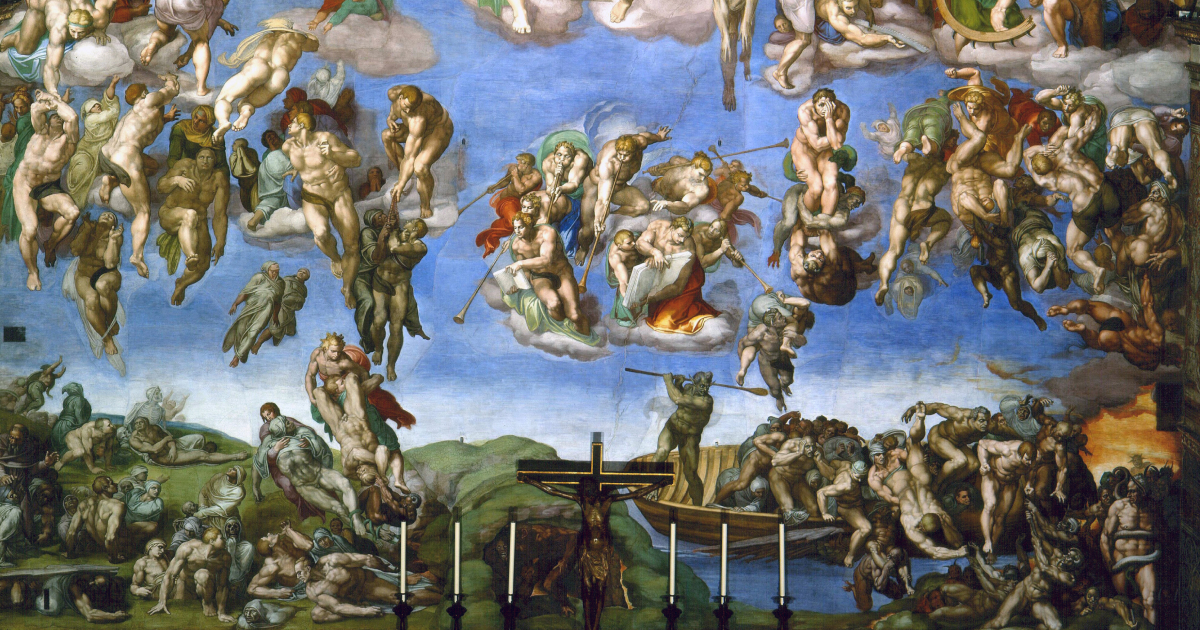New data has revealed a significant increase in belief in God among young Britons
A recent YouGov poll has found that the number of 18- to 24-year-olds who say they believe in God has more than doubled in four years – from 16 per cent in August 2021 to 37 per cent in August 2025. Over the same period, those in the same age bracket who said they do not believe in God fell from 49 per cent to 42 per cent.
Church attendance has risen in tandem. In 2018, only eight per cent of adults said they attended services at least once a month. By 2024, that figure had climbed to 12 per cent, a growth of 56 per cent, equivalent to an increase from 3.7 million to 5.8 million monthly worshippers nationwide. Attendance has increased particularly among the young. In 2018, just 4 per cent of 18- to 24-year-olds said they attended church at least monthly, a figure which rose to 16 per cent in 2024.
The increase among 18- to 24-year-olds is particularly pronounced within Catholicism. Among the 16 per cent of people aged 18 to 24 who regularly attend church, 41 per cent were Catholics, meaning that for the first time since the Reformation, Catholicism could become the UK’s largest Christian denomination.
The figures point to what commentators have called a “Quiet Revival” in a nation where churchgoing had been in steep decline for decades. The Times, reporting on the trend, went so far as to say: “Jesus is making a comeback.”
The Catholic Herald has spoken to young Catholics across the country, many of whom have observed fuller pews and a notable rise in converts. Several pointed to the growing attraction of traditional liturgy, with one student in London remarking: “It was the Latin Mass that drew me in; the beauty and the silence gave me a sense of God I had never known before.”
The significant increase in Catholic belief was particularly evident this Easter, when thousands of people joined the Church, with dioceses across Britain noting a marked increase in the number of adult baptisms, with young men leading the way.
London’s two Catholic dioceses, Westminster and Southwark, alone received almost a thousand converts at their Easter Vigil services.
The Oratorians, the order founded by St Philip Neri and of which the notable 19th-century British convert St John Henry Newman was a member, have been at the forefront of Britain’s Catholic resurgence. The seven Oratorian houses in England and Wales – four of which have been opened in recent years – use a year-round and personalised approach to initiation into the faith, which has led to hundreds of conversions.
Fr Daniel of the York Oratory explained: “There is a sense of moral chaos and lack of meaning in today’s society. If people can find something that makes sense, provides meaning, and also gives a community, which the Catholic Church does, they are going to be attracted to it, and I think this is particularly true for young men.”
Photo credit: We Believe Festival. www.webelievefestival.com





.jpg)











